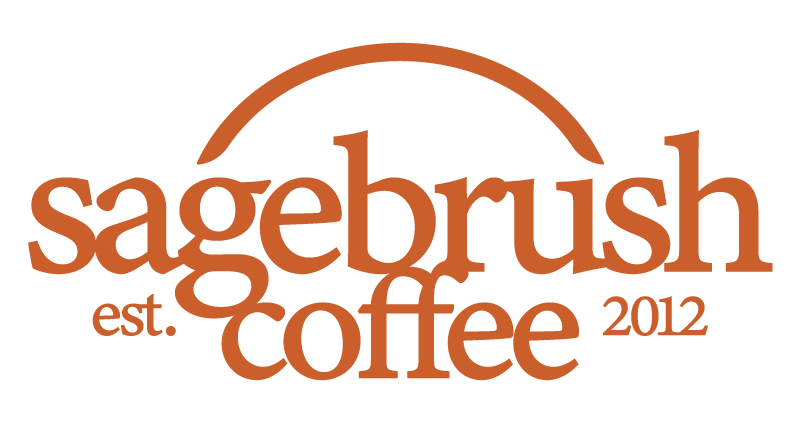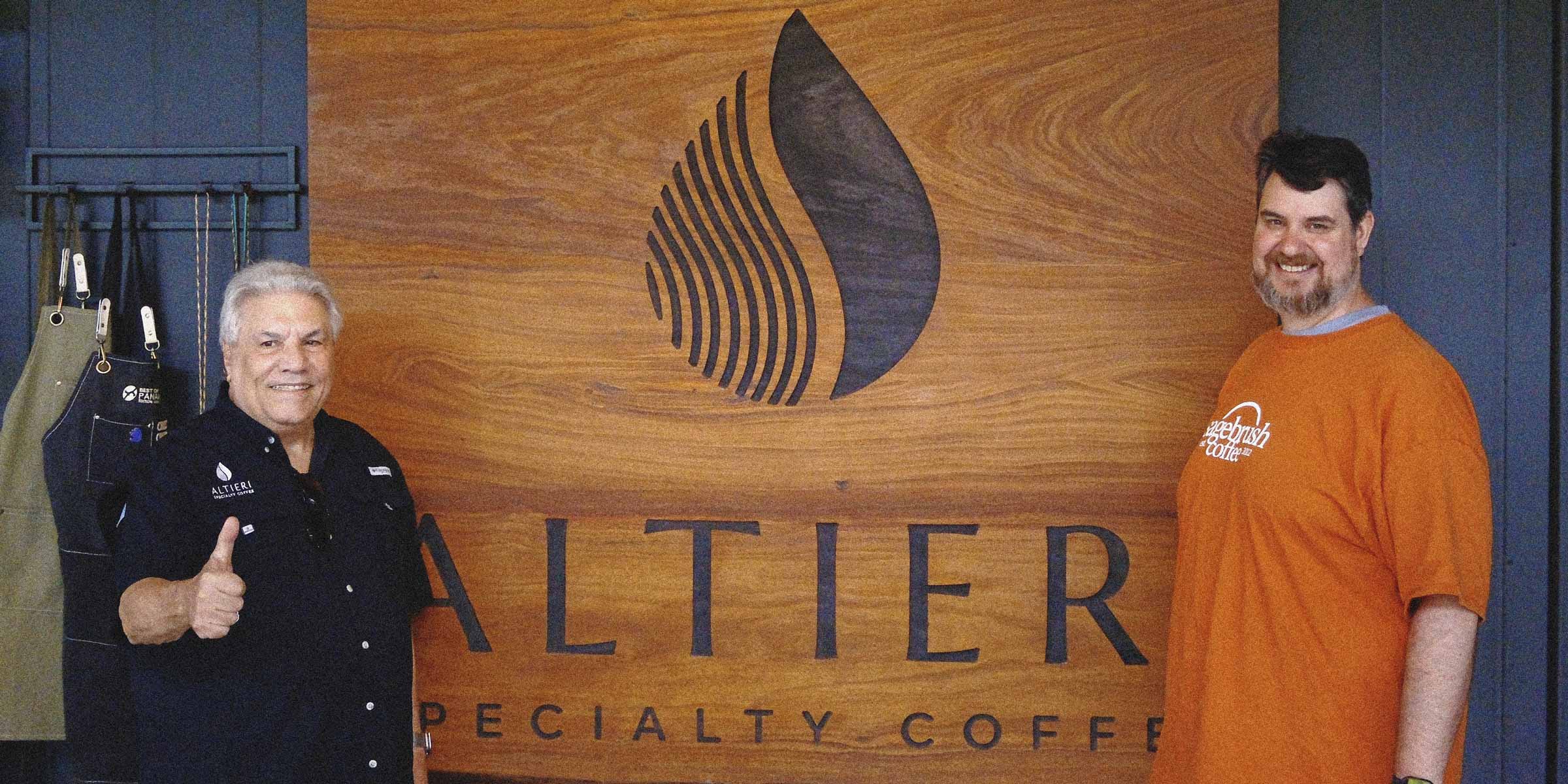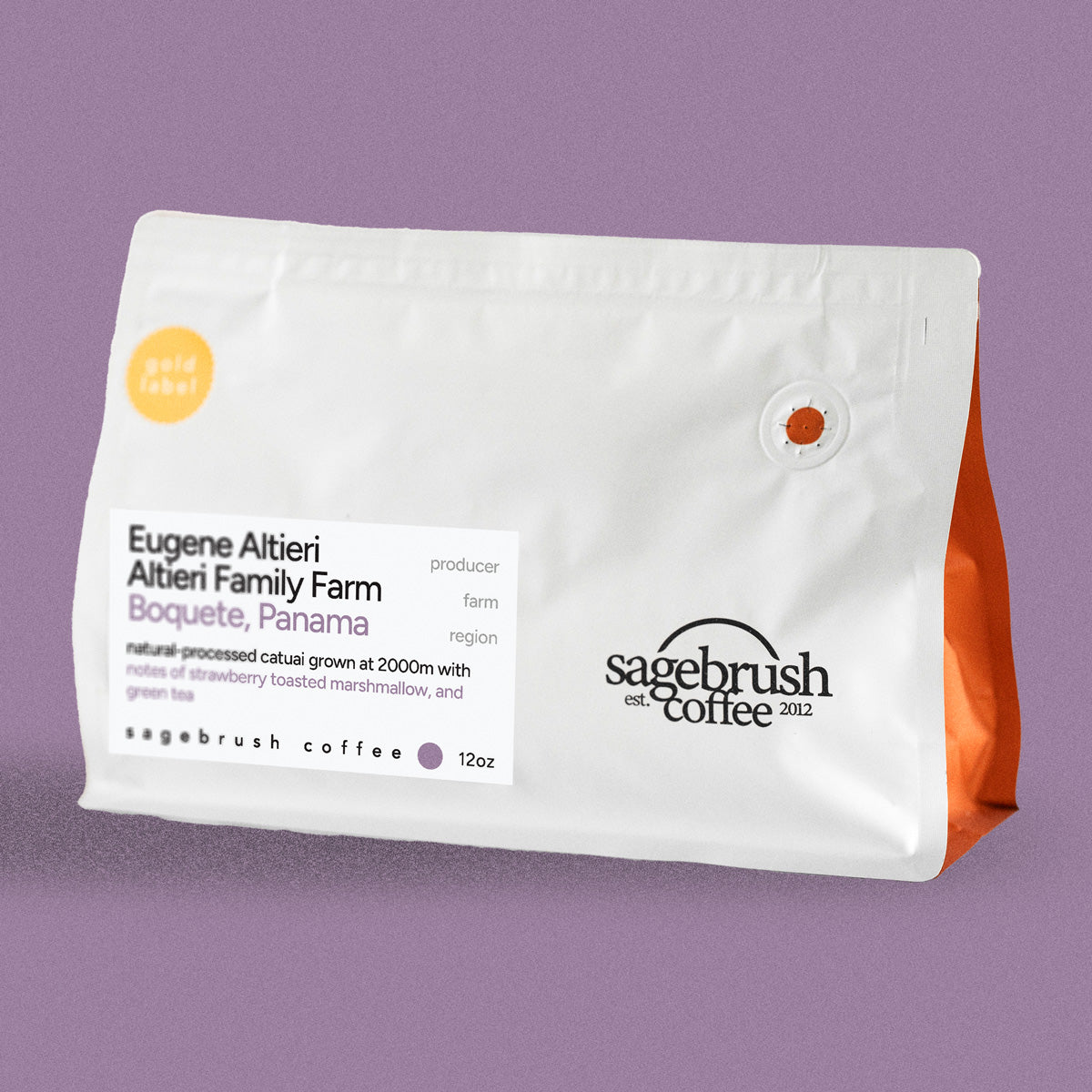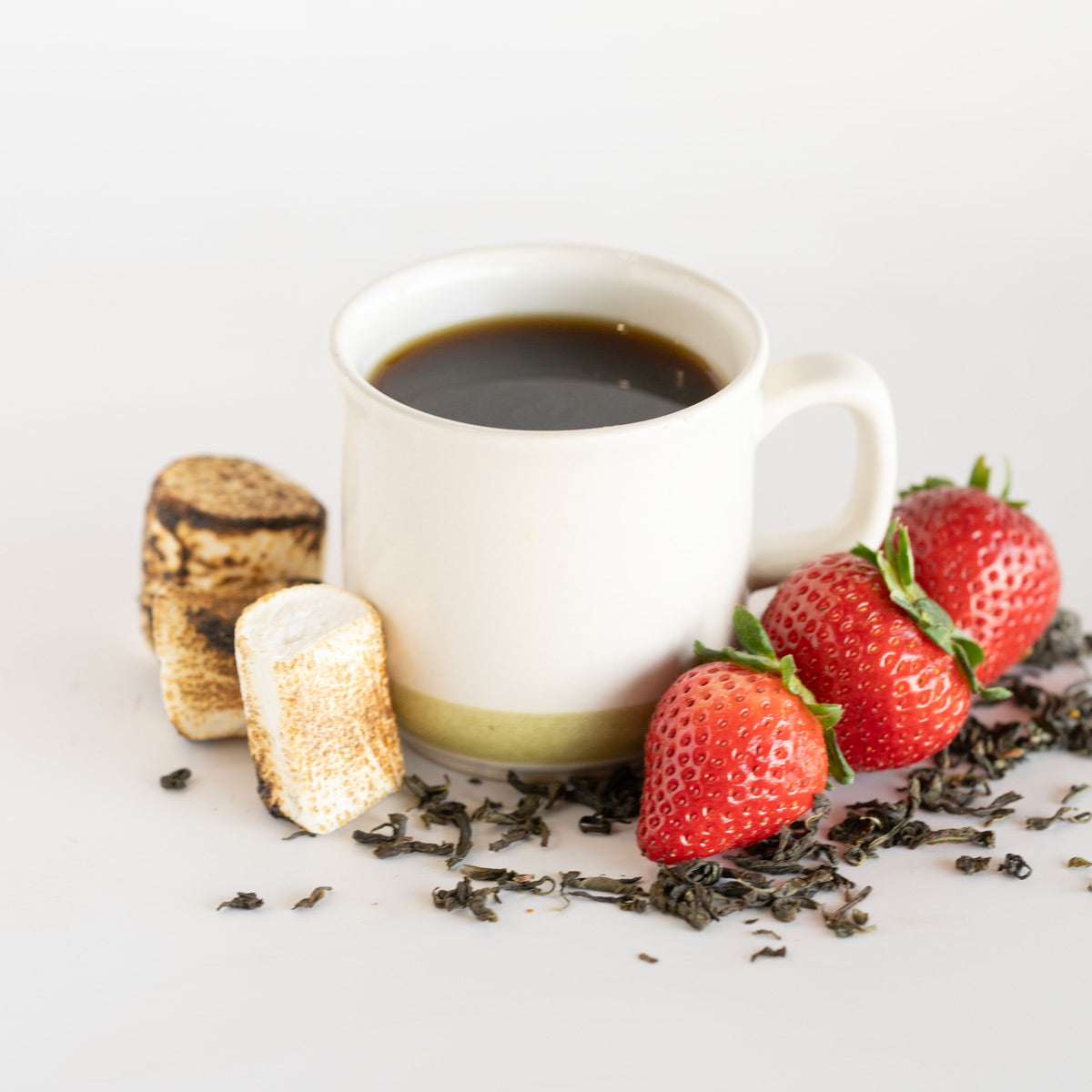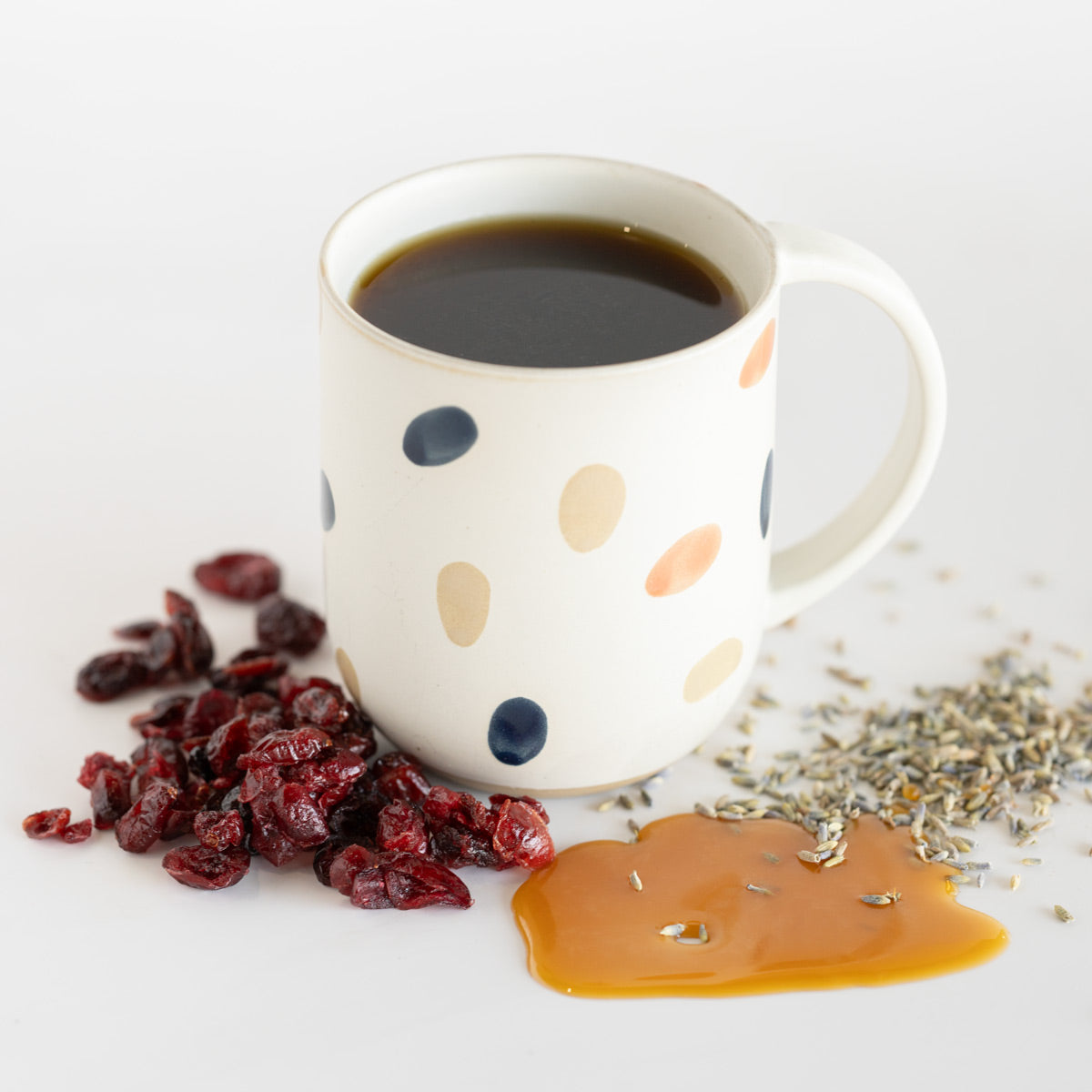Producer Profiles Main Page •
Back to Producers OverviewWe have a long and special history with the Altieri family in Panama.
After nearly a decade of interactions by phone, email, and texts, the day we got to sit down in-person together in Boquete, Panama was special.
When our relationship first began, it was early on for both of us in specialty coffee, where neither of us really knew what we were doing yet.
But it wasn't until that day together in Panama that we confirmed that they were our first direct farm relationship and we were their first direct U.S. roaster relationship.
We'd basically grown up in specialty coffee together.
As we sat at lunch with Eugene Altieri, his daughter, Anna Lynn, and our family, Eugene shared with us how he got into coffee. "I had no idea what I was doing," he said, shaking his head. "I bought the farm in 2005 without knowing anything about specialty coffee."
This is the guy whose coffees have been placing at Best of Panama since 2014. His 2024 Geisha Natural Satori lot took third place. Back in 2017, another Geisha Natural scored 93.206 points for second place.
Not bad for someone who stumbled into coffee by accident.
The Ice Factory Story
Eugene explained how they used to run an ice manufacturing business in Boquete. When he bought his first farm, Mima Estate in Callejón Seco, it was just another investment. A businessman from New York who'd moved to Panama in 1973 (for a girl), he figured land was land.
The Geisha seedlings came from the Peterson family at Hacienda La Esmeralda. Eugene planted them without understanding what he had. "I just thought coffee was coffee," he admits.
Soon enough that old ice factory became their processing mill. The walls are about a meter thick, originally built to keep ice frozen. Turns out, those same insulated vaults work perfectly for storing green coffee at stable temperatures. They have four of these bodegas now, holding some of Panama's highest-scoring lots where ice blocks used to sit.
The Farms
Anna Lynn drove us through their properties, some of the most beautiful farms in the world. They have farms stretching from 1,600 to 2,200 meters on the eastern slope of Barú Volcano. Mima Estate, Pipim's Estate, Alto Lino, and Callejón Seco, each with its own character. The location is unique: where Pacific and Atlantic winds meet, creating microclimates you won't find elsewhere in Panama, which is why Boquete is famous for the best coffees in the world and a pretty good spring break vacation spot as well.
The farm plots have names that make Eugene smile when he mentions them. Each tablón is named after one of his grandchildren. The Dilgo tablón, planted with their oldest Gesha back in 2007, is named after Anna Lynn's son Diego.
Family Taking Over
Anna Lynn handles international sales now. Her brother Francisco manages other operations. Eugene's in semi-retirement, though you wouldn't know it from how engaged he is in the conversation. Farm manager Roger Pitti runs day-to-day operations.
"We just fell in love with coffee," Anna Lynn tells us. She has her own career as well. So does Francisco. But they got pulled in helping their father and discovered they were good at it. More than good, they were building something special.
During COVID, when they couldn't receive visitors, they converted more of the old ice facility. Built a new cupping lab. Improved their processing capabilities. They're planning to add coffee tours and educational tastings, wanting people to understand what actually goes into producing specialty coffee.
The Numbers Matter
Since 2014, they've been consistently placing at Best of Panama. That's not luck, it's the result of meticulous work. They process everything at their mill with controlled fermentation, careful drying, and constant experimentation. Traditional washed and natural processes, plus new trials each harvest.
Eugene mentions that most of Panama's coffee success comes from SCAP, the Specialty Coffee Association of Panama. It's a private organization of farm owners, not the government, that's put Panama on the map. "The government support is minimal," he says. "SCAP members did the heavy lifting."
What It Means
Sitting at that lunch, hearing these stories firsthand, something becomes clear. This isn't about romance or destiny or any of that. It's about a businessman who bought land, planted coffee, and discovered he'd stumbled into something exceptional. It's about children who came back to help their father and found they enjoyed the work. It's about learning as you go and getting better each year.
For us at Sagebrush, working with the Altieris means more knowing this history. We've grown alongside each other. Made mistakes together. Figured things out together. That's what direct trade actually looks like, not just buying coffee, but growing with your partners.
When Eugene talks about treating workers well, about believing vendor relationships matter more than customers, he's not trying to sound noble. He's being practical.
There is a reason this is my most treasured coffee relationship. Every year we get our best coffees from them and it is a joy to partner together.
Explore Coffees
Eugene Altieri • Natural-Processed Catuai
Eugene Altieri • Washed-Processed Gesha
